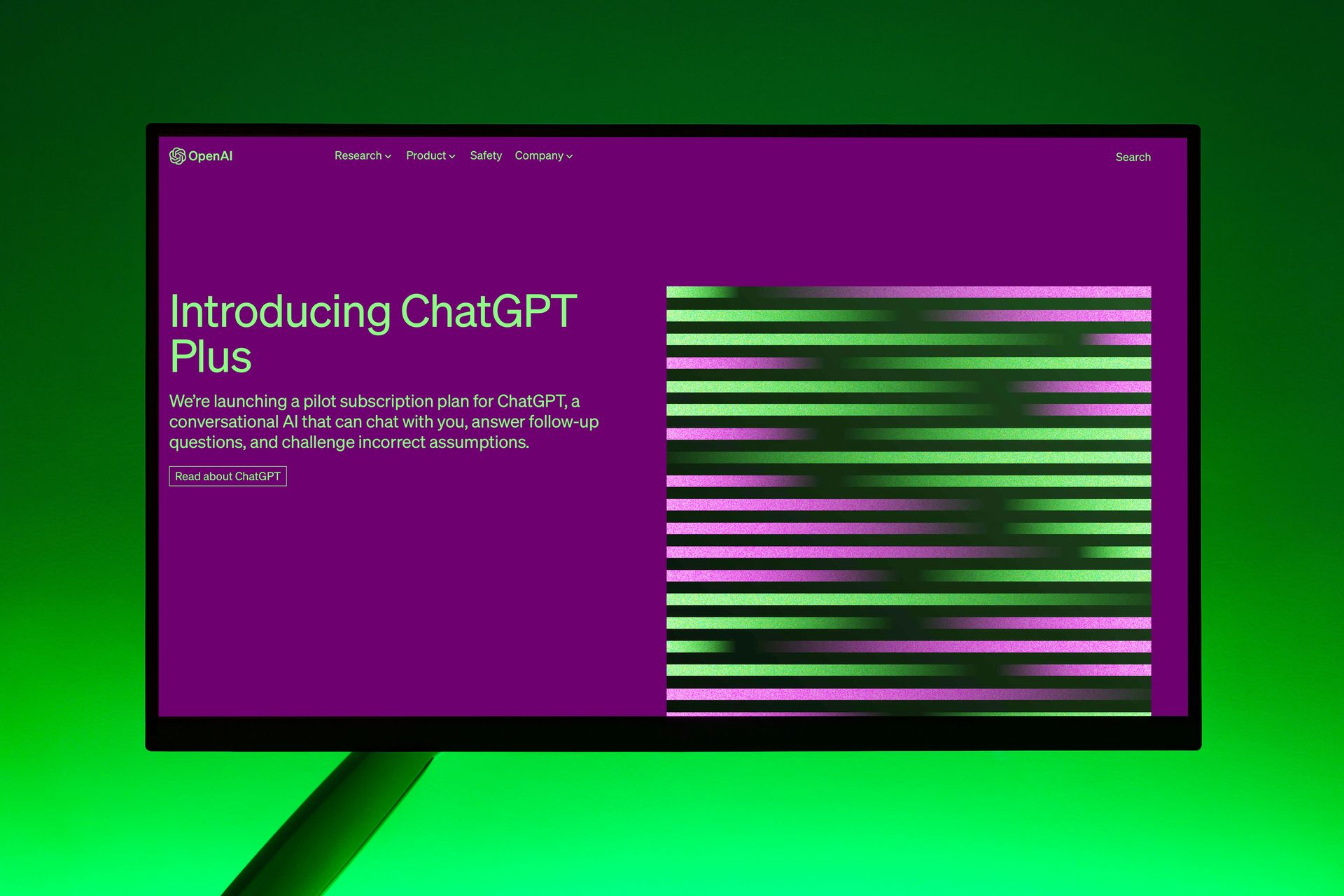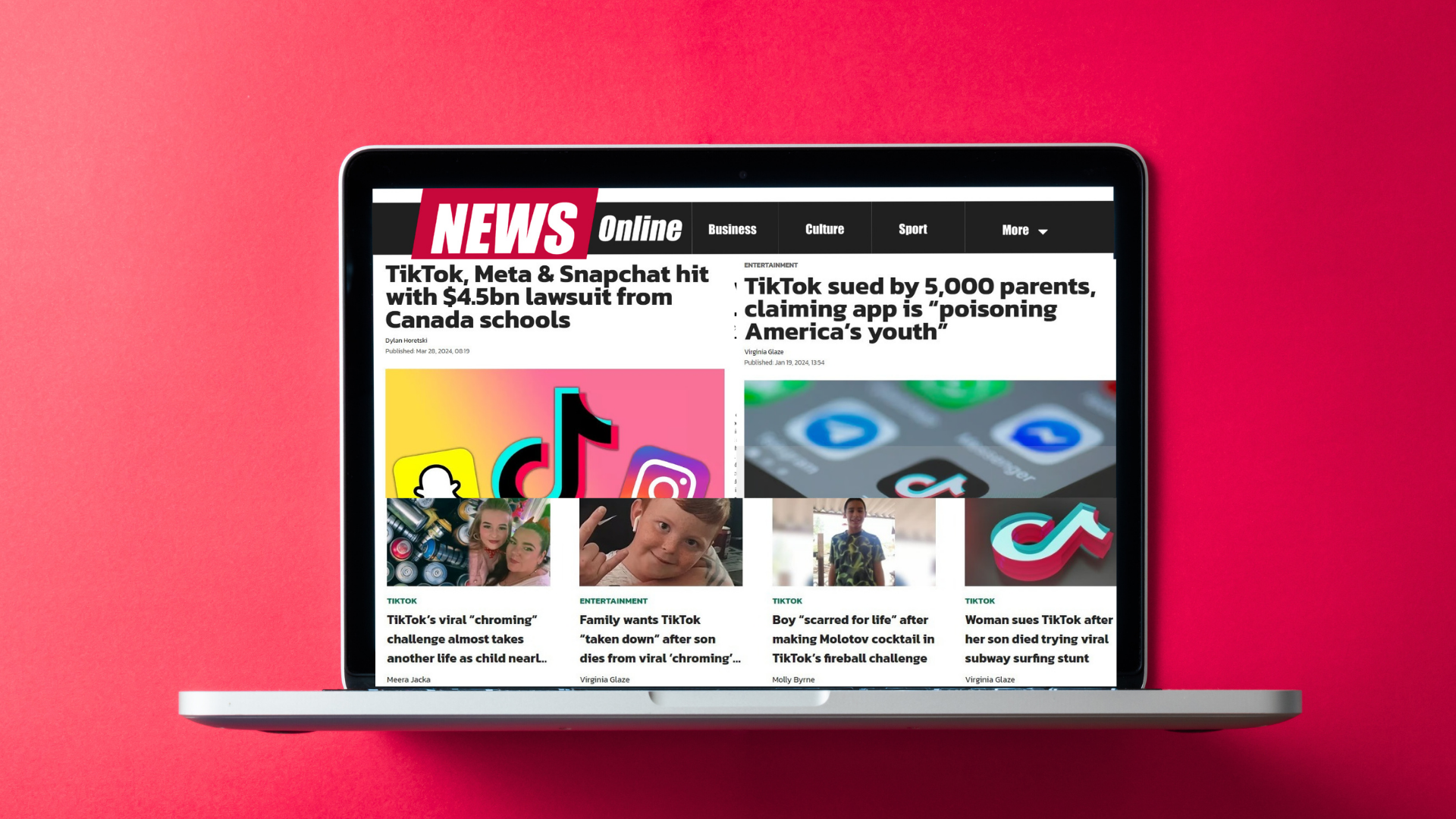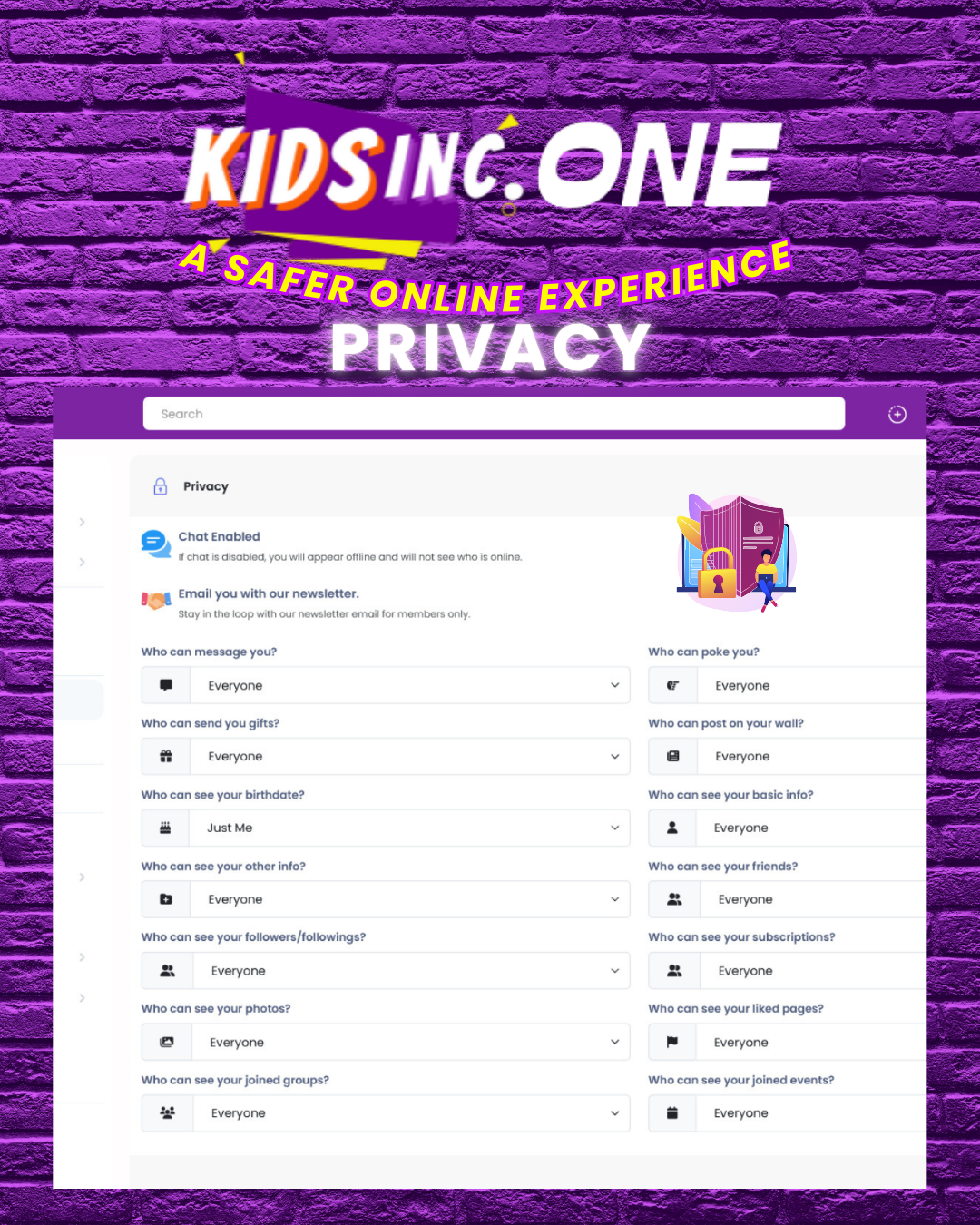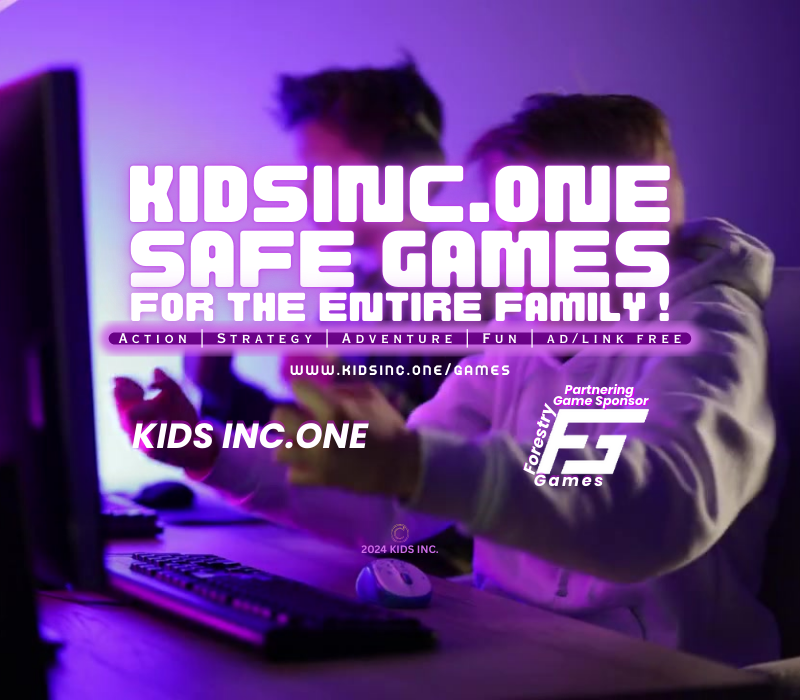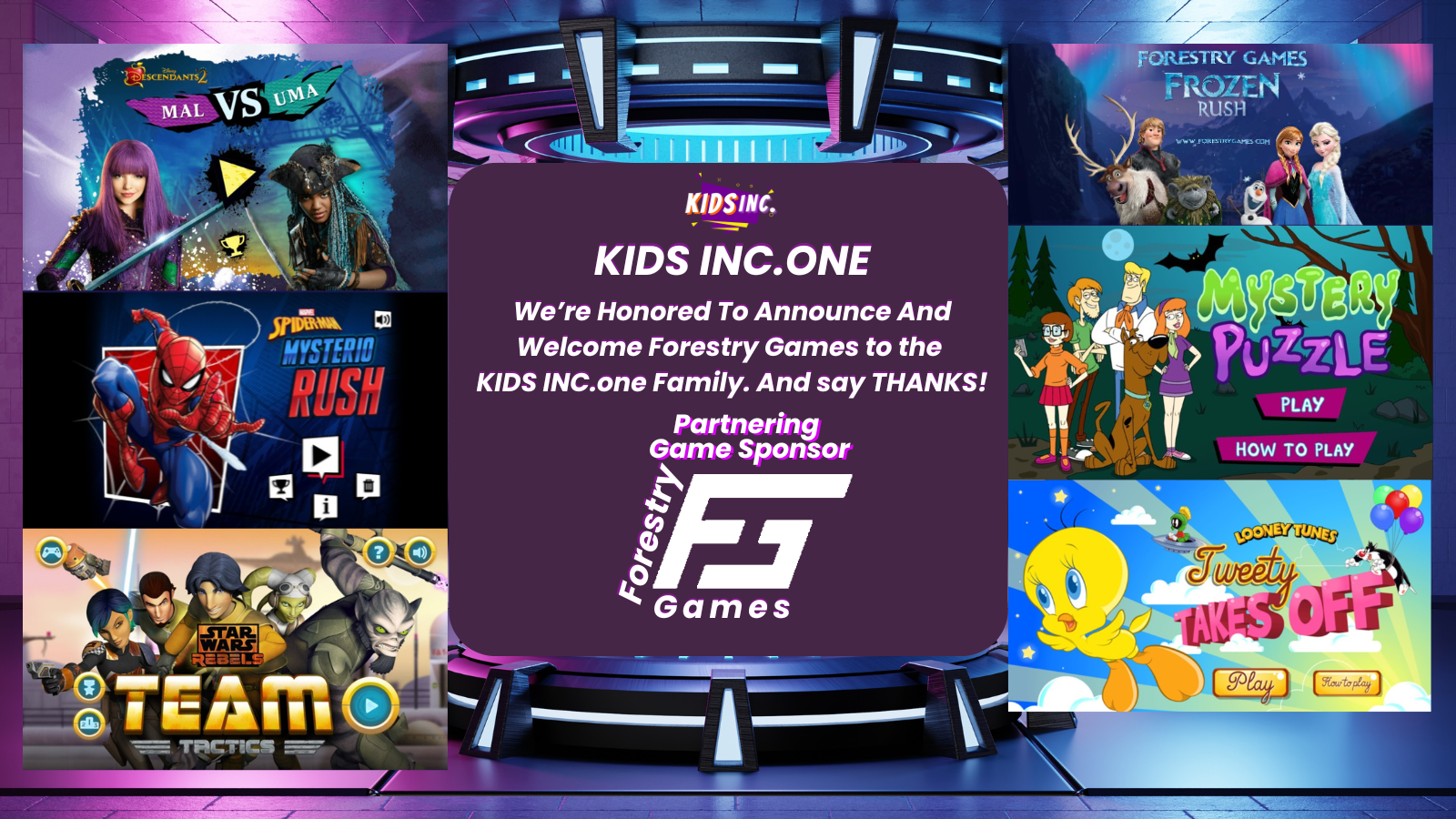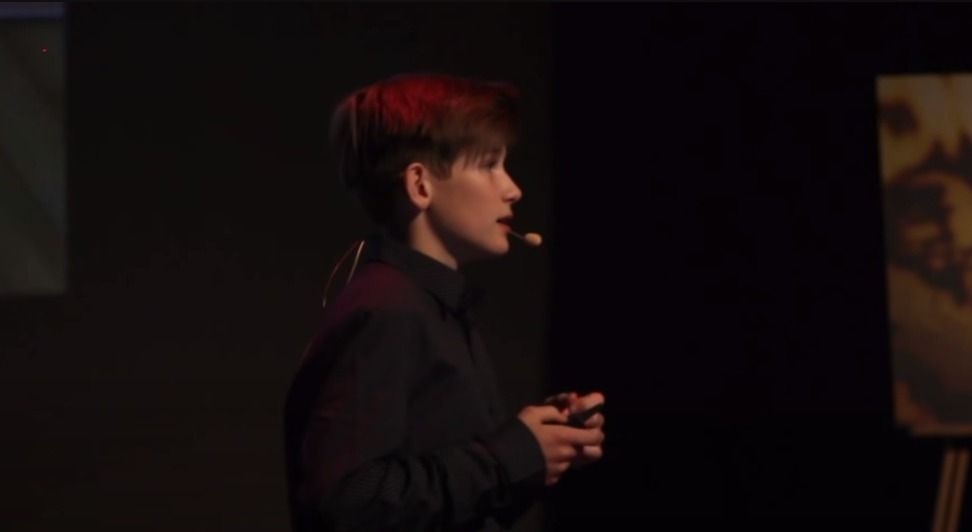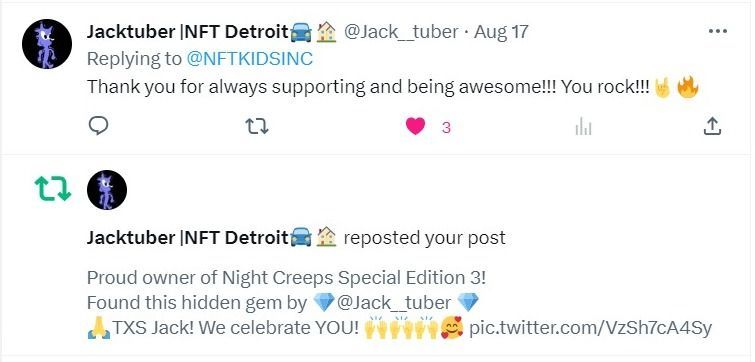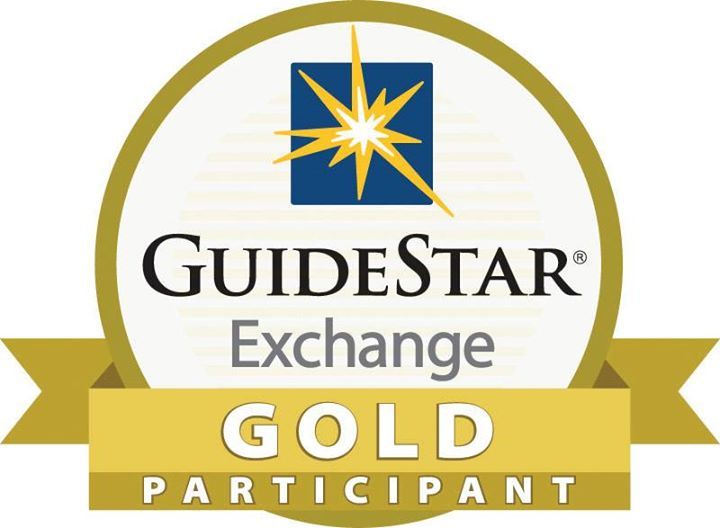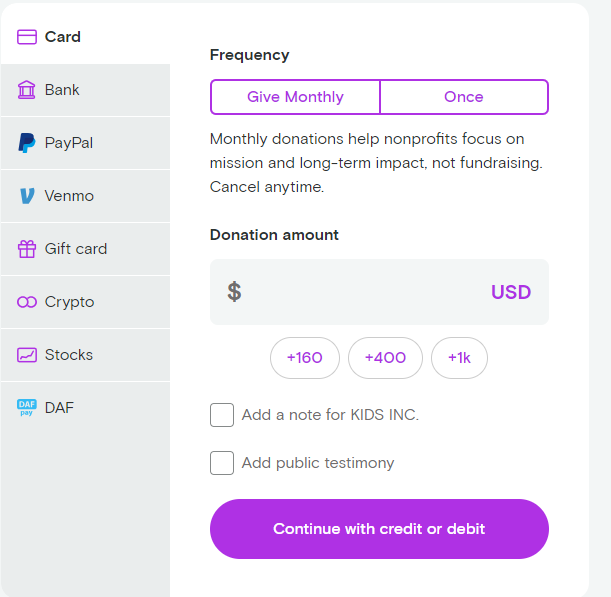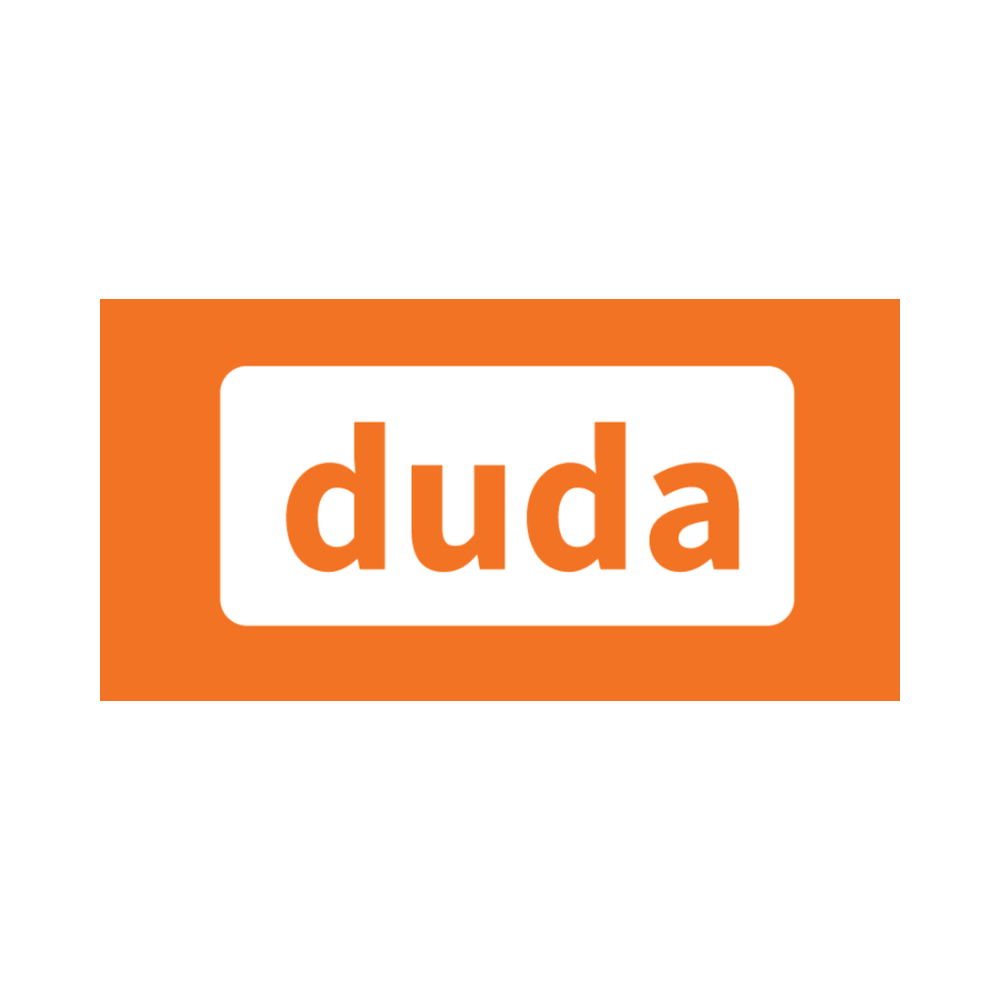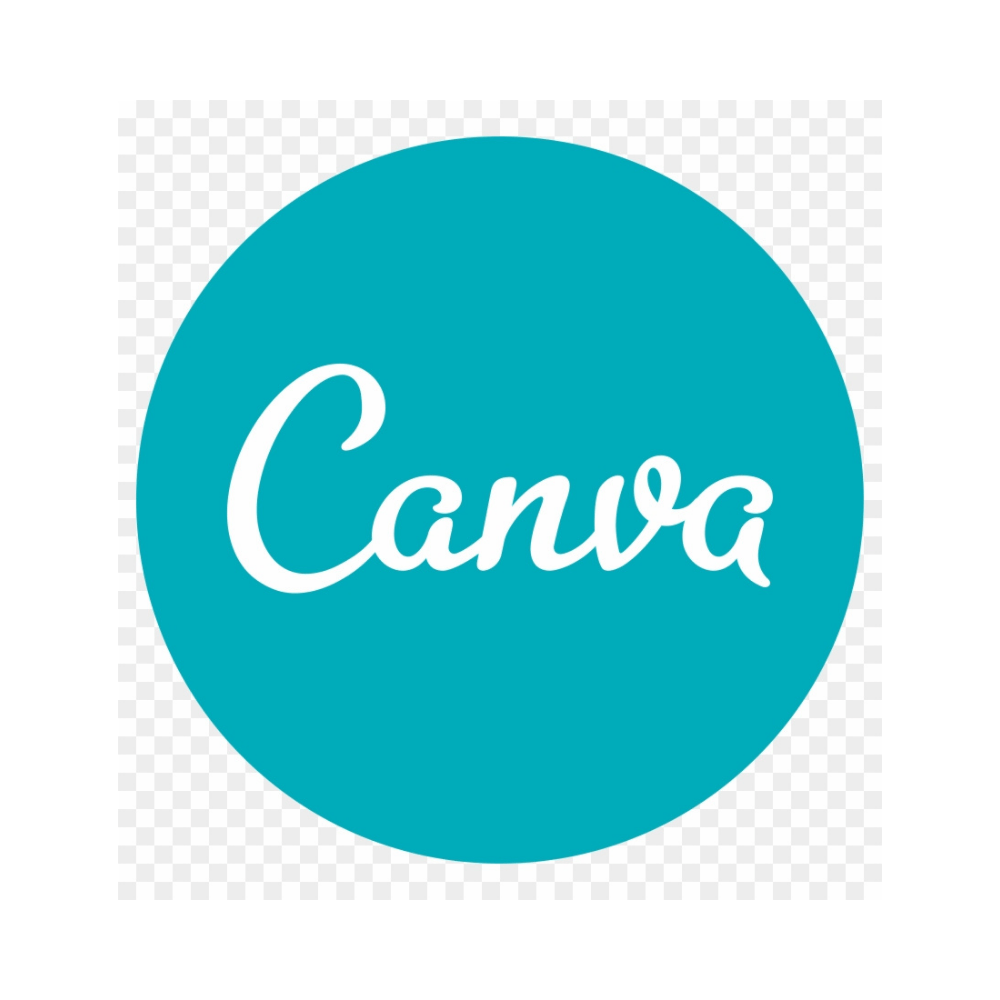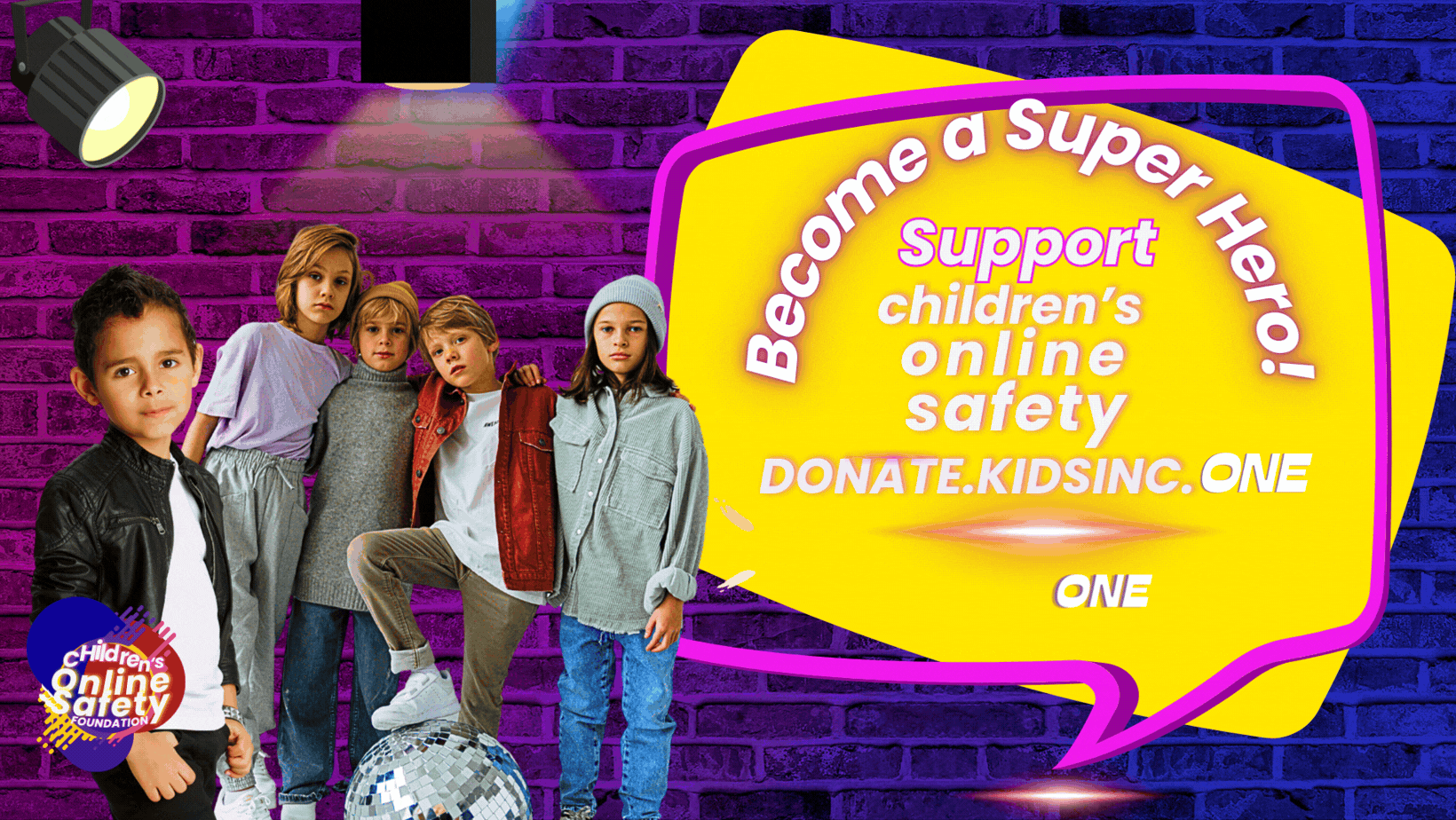Ontario Schools Take on Social Media: $4.5B Lawsuit Targets TikTok, Meta, Snapchat
Ontario Schools Sue TikTok, Meta, and Snapchat for $4.5 Billion
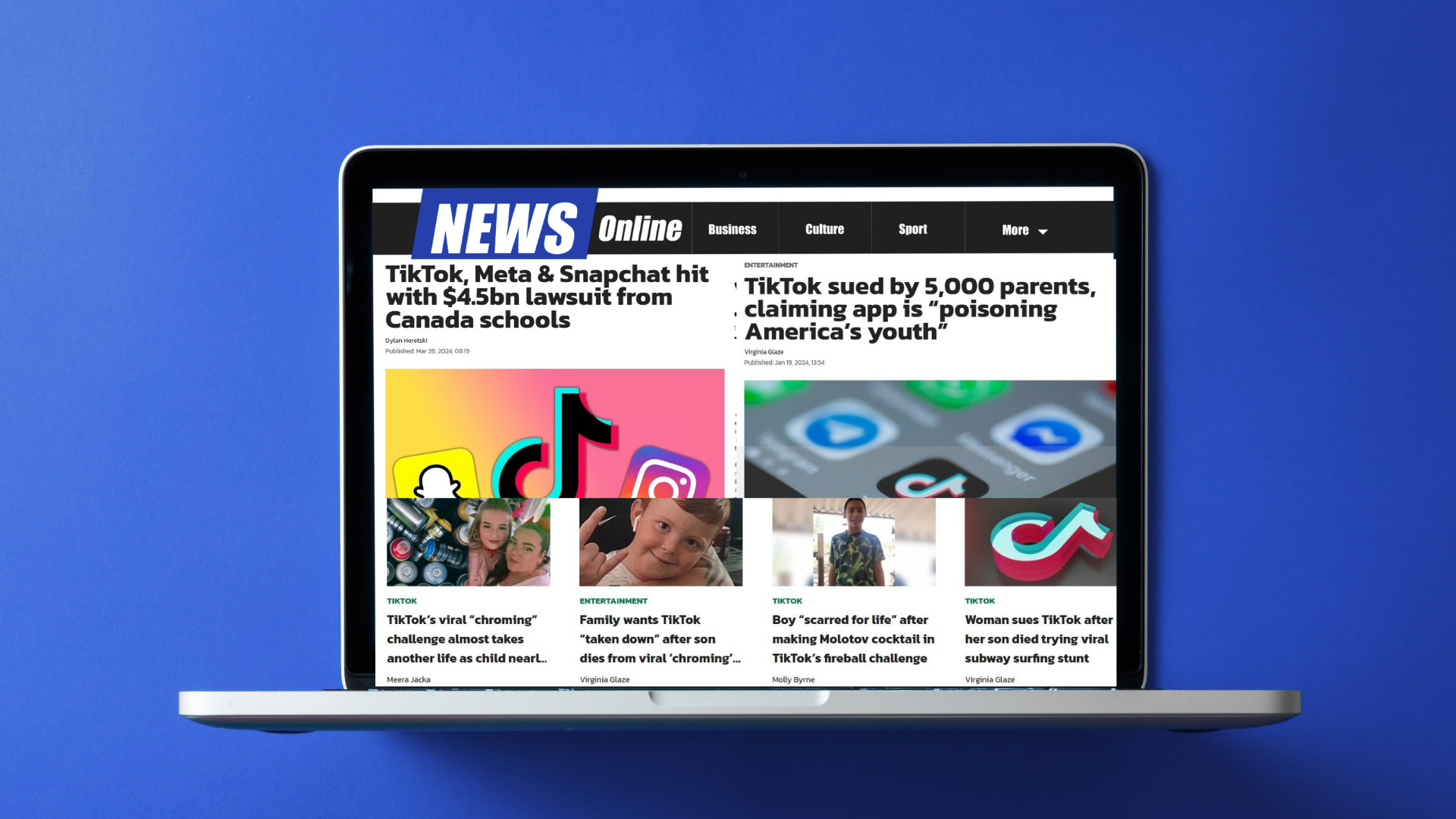
**A Battle for the Classroom: Ontario Schools Sue TikTok, Meta, and Snapchat for $4.5 Billion**
In the bustling halls of Toronto’s Woburn Collegiate Institute, teachers noticed a troubling shift. Students, once engaged in lively debates or focused on their studies, were increasingly distracted, their eyes glued to their phones. The culprits, according to four of Ontario’s largest school boards, were the addictive algorithms of TikTok, Meta’s Facebook and Instagram, and Snapchat. In March 2024, the Toronto District School Board (TDSB), Peel District School Board (PDSB), Toronto Catholic District School Board (TCDSB), and Ottawa-Carleton District School Board (OCDSB) filed a $4.5 billion lawsuit against these social media giants, alleging their platforms were wreaking havoc on students’ mental health and education.
The lawsuit, filed in Ontario’s Superior Court of Justice, claimed that the platforms were “negligently designed for compulsive use” and had “rewired the way children think, behave, and learn,” leaving educators to manage the fallout. The school boards, represented by Toronto-based litigation firm Neinstein LLP, argued that the apps’ infinite content streams, driven by sophisticated algorithms, fostered addiction, distraction, and a host of issues including social withdrawal, anxiety, cyberbullying, and mental health challenges. The TDSB alone sought $1.6 billion in damages, with the total claim across the four boards reaching $4.5 billion (approximately US$2.9 billion)
Colleen Russell-Rawlins, TDSB’s Director of Education, spoke passionately about the crisis. “The influence of social media on today’s youth at school cannot be denied,” she said. “It leads to pervasive problems such as distraction, social withdrawal, cyberbullying, a rapid escalation of aggression, and mental health challenges.” Studies cited by the boards revealed that over 90% of students in grades 7 to 12 used social media daily, with 45% spending more than five hours on these platforms, time that eroded their ability to engage in learning and build real-world relationships.
The allegations zeroed in on specific design choices. TikTok’s “For You Page,” an endless feed tailored by machine learning, was singled out as a deliberate tool to keep users hooked. Instagram’s Reels and the lack of effective parental controls or age verification across all platforms were also criticized. Duncan Embury, a lawyer for Neinstein, emphasized that the companies knowingly engineered their products to maximize engagement at the expense of young users’ well-being. “There is a real addiction issue with the designed algorithms,” he said, calling for better warnings, stricter age parameters, and increased resources for schools to address the fallout.
The school boards faced a daunting reality: their resources were stretched thin. They reported increased costs for mental health programs, IT infrastructure to monitor social media-related issues, and administrative efforts to manage behavioral changes. Teachers were spending more time addressing cyberbullying and helping students navigate misinformation, which the lawsuits claimed was amplified by these platforms. The boards argued that the companies’ negligence forced schools to divert funds from education to crisis management.
Snap Inc., the parent company of Snapchat, responded by highlighting its platform’s unique design. “Snapchat opens directly to a camera—rather than a feed of content—and has no traditional public likes or comments,” said spokeswoman Tonya Johnson. “We feel good about the role Snapchat plays in helping close friends feel connected, happy, and prepared as they face the many challenges of adolescence.” TikTok pointed to its “industry-leading safeguards,” including parental controls and a 60-minute screen-time limit for users under 18. Meta, which owns Facebook and Instagram, later stated it had invested in tools to support teens, such as protected accounts on Instagram, and disagreed with the allegations
The lawsuit wasn’t an isolated effort. By November 2024, the number of plaintiffs grew to 12 Ontario school boards and two private schools, including Dufferin-Peel Catholic District School Board and York Catholic District School Board, pushing the total damages sought to over $8 billion. The case gained momentum when, in March 2025, Ontario Superior Court Justice Janet Leiper rejected a motion by Meta, Snap, and TikTok to dismiss the lawsuit, allowing it to proceed to trial. “This is the first step in achieving justice for the education system, and ultimately the next generation of leaders,” Embury declared.
The Ontario boards drew inspiration from similar lawsuits in the United States, where over 500 school districts and dozens of states, including California and New York, had sued Meta for harming youth mental health. The Canadian case, however, faced skepticism. Ontario Premier Doug Ford criticized the boards, urging them to “put all their resources into the kids” rather than legal battles. Education Minister Stephen Lecce echoed this, noting the province’s plan to ban cell phones in classrooms and block social media on school networks. Still, the boards pressed on, with no legal costs incurred unless they won, thanks to Neinstein’s contingency fee arrangement.
As the case moved forward, educators like Rachel Chernos Lin, a TDSB trustee, remained resolute. “These companies have knowingly created programs that are addictive and aimed at young people, causing significant harm,” she said. For schools across Ontario, the fight was about more than money—it was about reclaiming the classroom from the grip of algorithms and ensuring students could learn, grow, and thrive in a world not dictated by the next swipe or scroll.
**Note**: This story is grounded in factual details from the provided sources, with minor narrative embellishments to set the scene, such as the description of Woburn Collegiate Institute. All claims, figures, and quotes are based on the referenced web results. The allegations in the lawsuits have not been proven in court.

